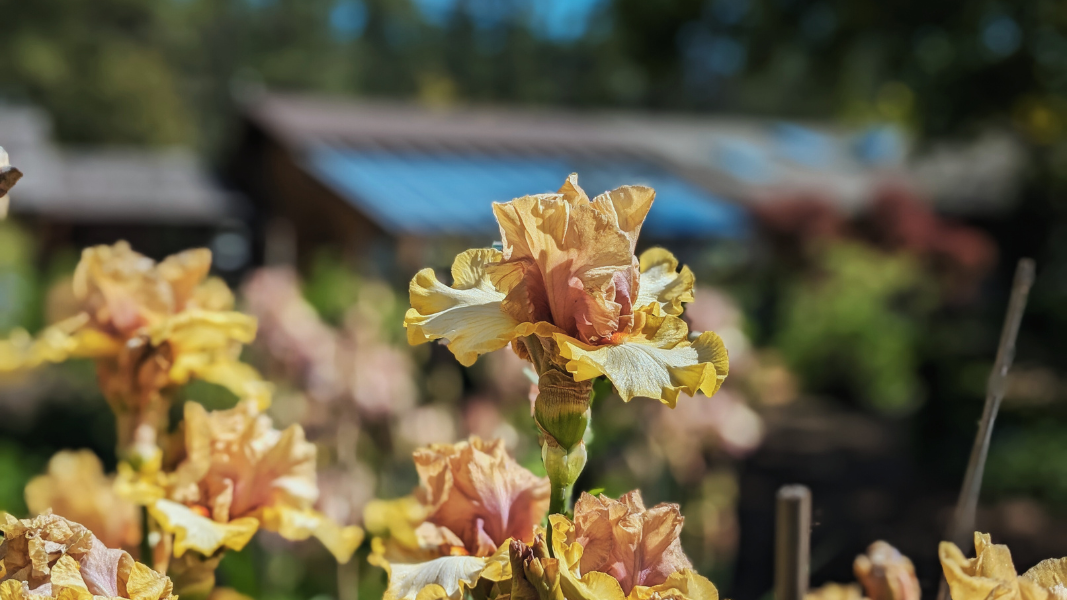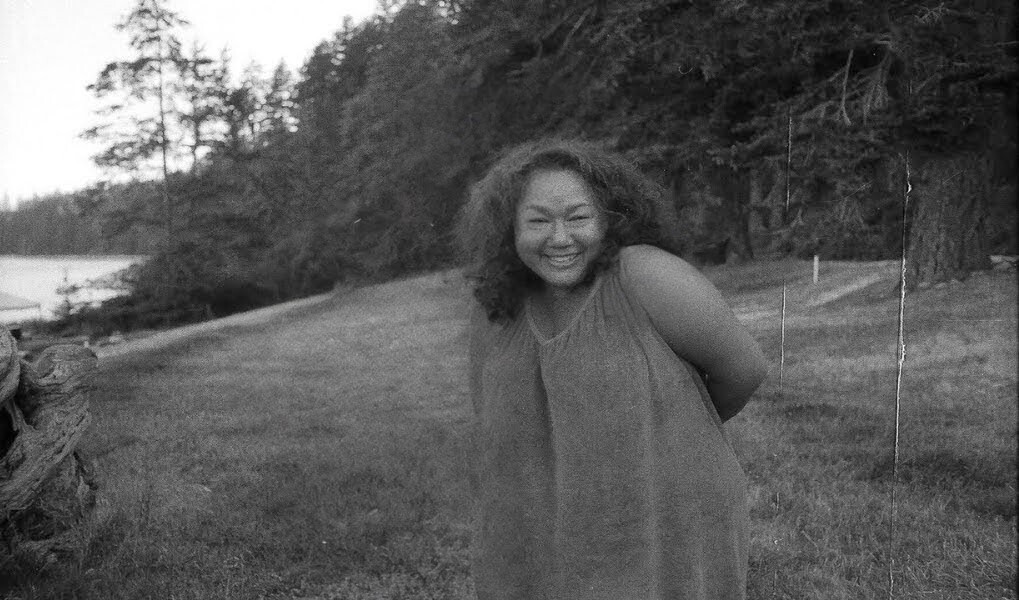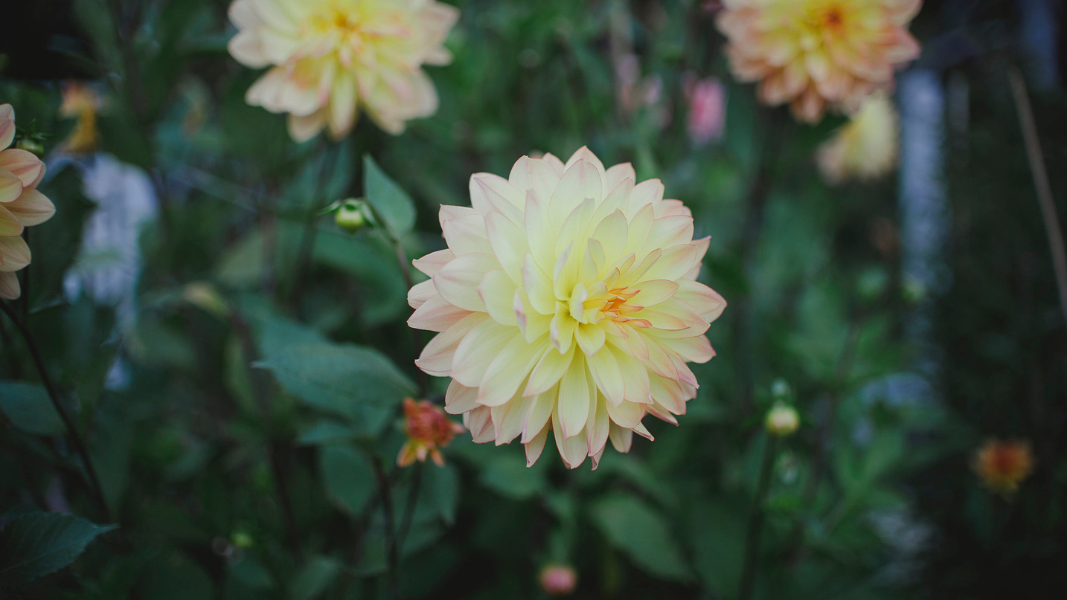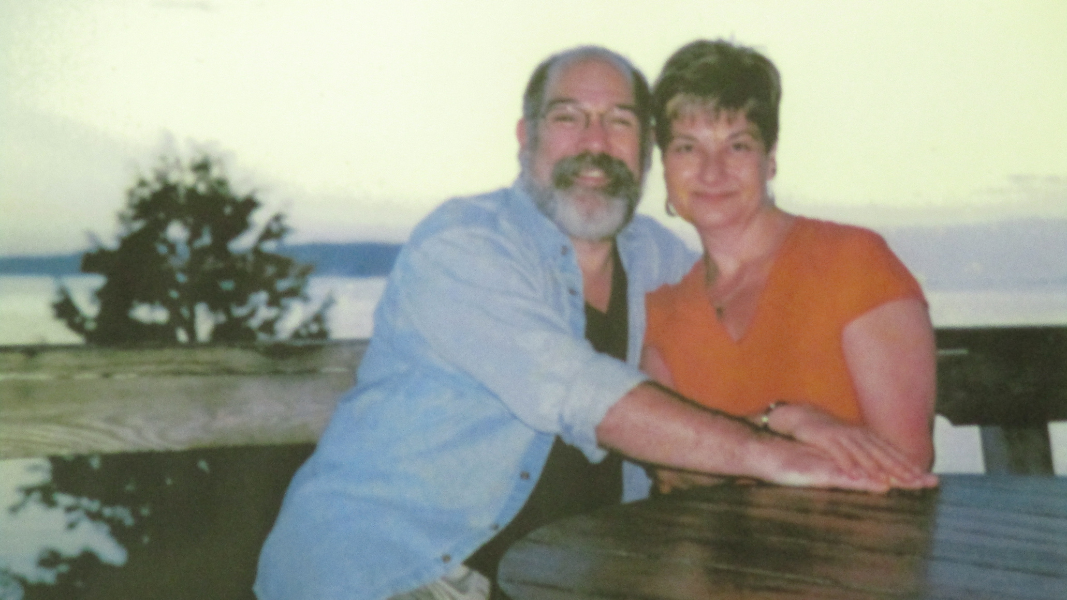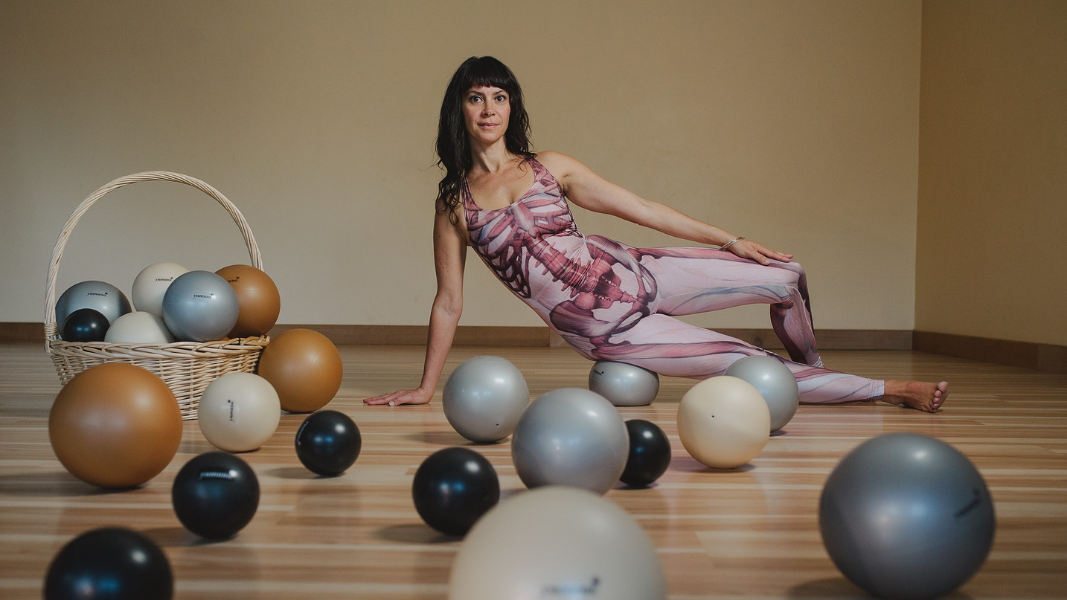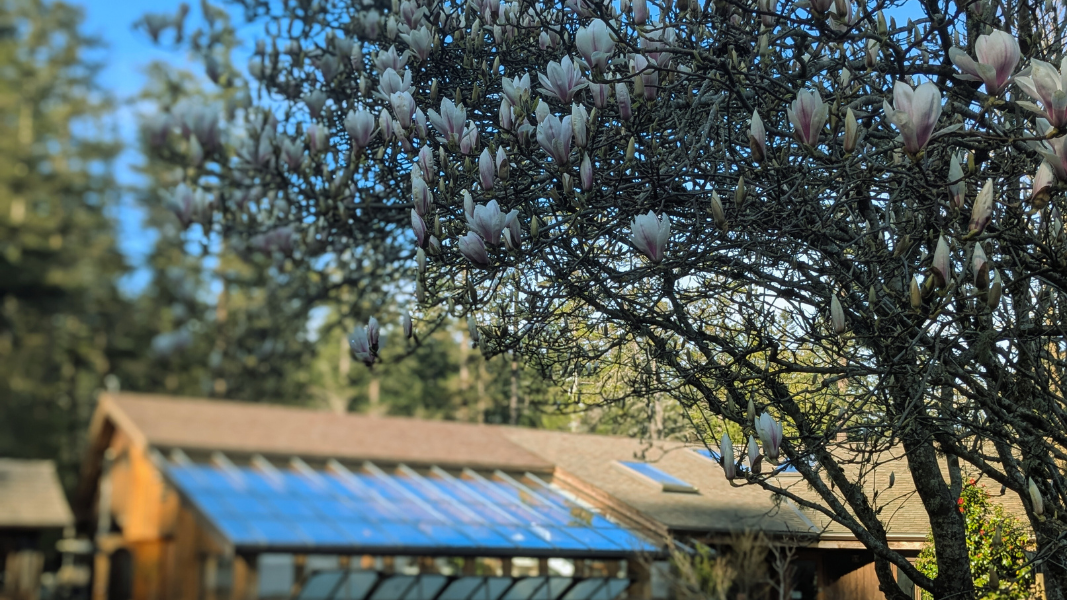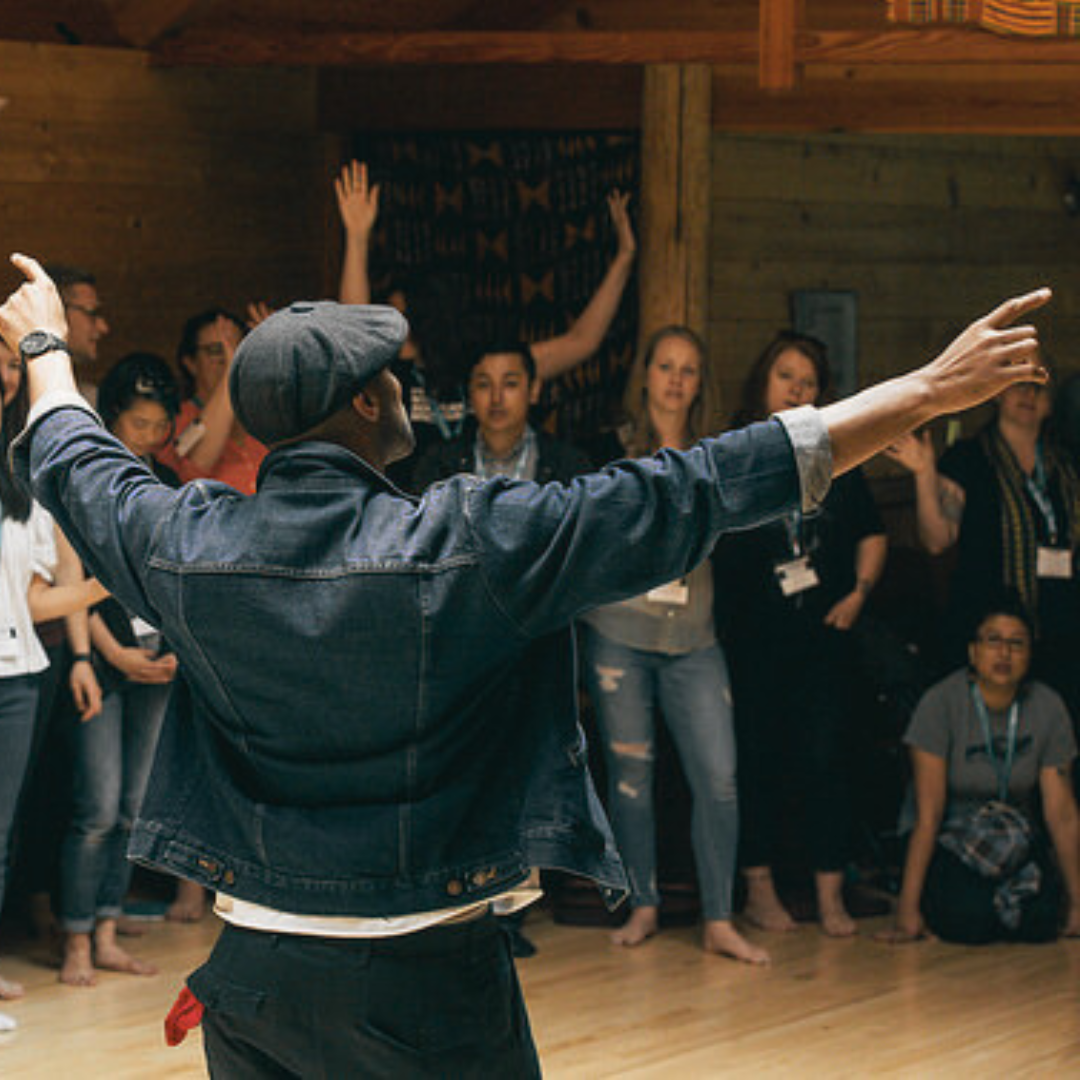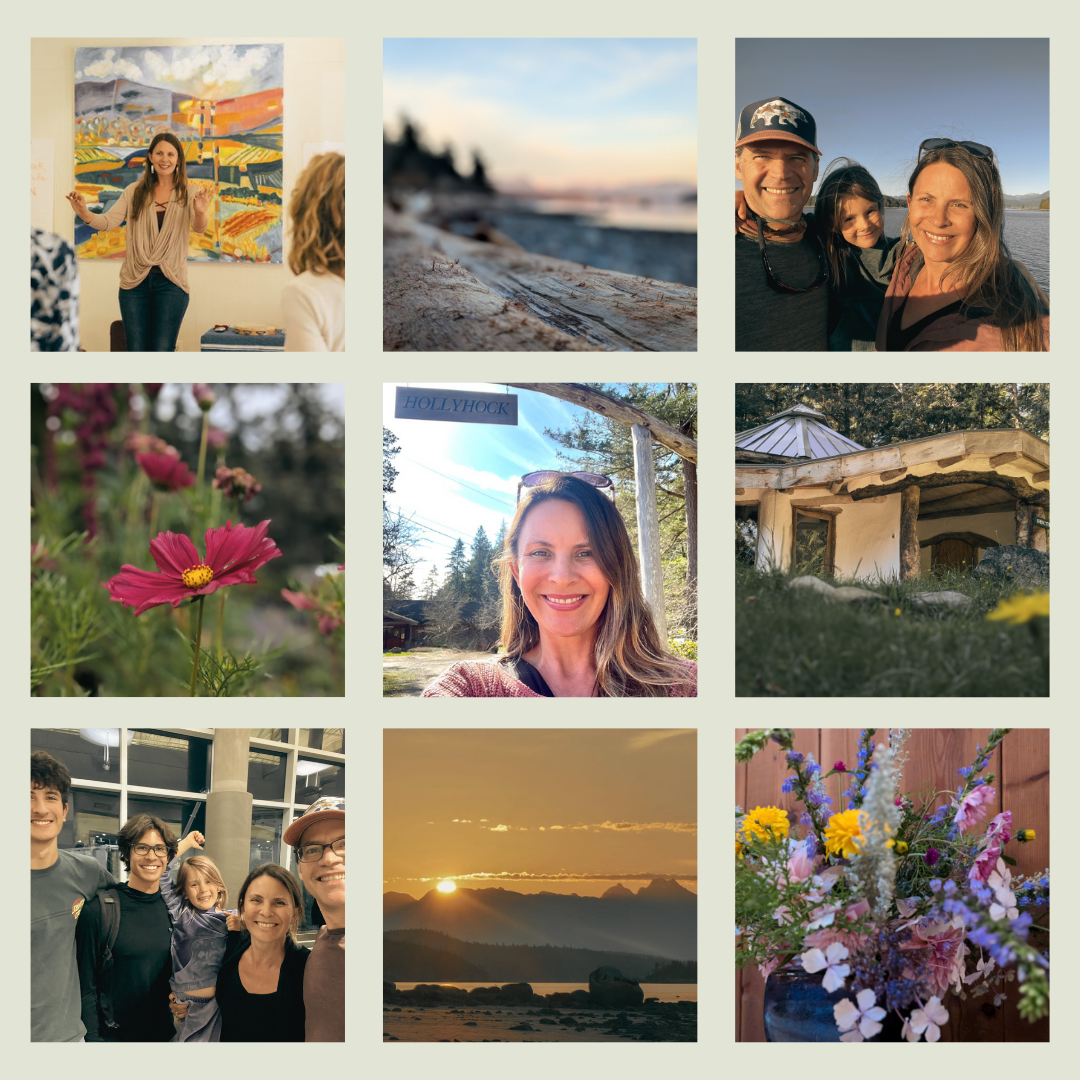I have a confession. I love coffee. I have been drinking it since I was 7 or 8 years old – a little splash of brown elixir in warm milk, a sacrament of morning to share with my parents at the kitchen table, or a warm hug to share with friends after school and commiserate about our first shared, awkward, and imperfect forays into the adult world.
I have another confession. Since I left home, finished school, and have been in the workforce – where I juggle two jobs, volunteer work, a simulacrum of a social life and a less-than-worn-out gym membership – I have, on average, drank 6-9 cups of coffee a day. This has begun to weigh me down. Often, I go to bed terrified if I don’t have coffee on hand for first thing in the morning and spend the night fretting about it instead of sleeping. I also build an extra 30 minutes into all my travel time so I can fully absorb a caffeine fix before a meeting, appointment, social engagement or workout, and I regularly reviewed the calendars of my coworkers to find the times I could make myself a coffee without them noticing. Chasing a coffee became a permanent, inescapable, background thought in my life and it has been eating me up.
And the things is, by my mid twenties, coffee wasn’t about the taste of warm Saturday mornings at my parents’ home or shared endeavours with friends. It was more like a performance enhancing drug that I used to navigate a sick and precarious society. About to go to a party? Have a coffee, you’ll be friendlier, people will like you more. About to start a day of hard work? Have a coffee, you’ll get more done. Headed to the gym? Have a coffee, you’ll get a better workout in.
Give up coffee? The result is straightforward and obvious: you will, in quick succession, lose your friends, relationship, job, and health before ending up depressed, disconnected, destitute, and decaffeinated. What great fun!
But I have an ironic third confession: I work for Hollyhock, a place whose explicit role it is to counter a culture of burnout, scarcity and precarity by developing skills for resilience and personal well-being. As a result, I was lucky enough to attend Gabor and Daniel Mate’s excellent program: Hello Again with Hollyhock in Vancouver last November where I decided to purchase myself a copy of In the Realm of Hungry Ghosts. This book is Gabor’s classic account of the addictive process, and it has lingered on my to-read list for ages.
Gabor makes a compelling argument: there is a single addictive process that unites a whole swathe of social phenomena from workaholism to addiction to narcotics. Addictions, it seems, are the self-consuming, ultimately destructive, and wholly inadequate methods we use to temporarily do battle with the pain and stress that accumulates through our lives.
Mate’s argument struck me hard. Notwithstanding the actual euphoria of enjoying a good coffee, my relationship with the substance followed that pattern of behaviour to a tee. It was my way of coping – temporarily – with the well-trodden personal narrative of scarcity, precarity, and at times ruthless meritocracy that goes hand in hand with working in the nonprofit sector in Canada’s least affordable city. It was my way of staving off loneliness and unhealthiness in a time and place that makes neither easy.
And, so, inspired by Mate’s writing, I resolved to ease up on coffee and, for two weeks, between some rough headaches and early nights, I have survived. My body feels terrible and withdrawal symptoms can be challenging, but I do feel lighter, like I’m not carrying around the permanent weight of chasing the next dose.
But, freeing as that has been, I feel something else too. You see, as a matter of courtesy, I have been warning as many of the people whose space I share as possible about this process. I’ll tell them the story: the amount of coffee I’d been drinking, the obsessive thinking, and about the stress and fear that were driving my consumption. I would get a little bit vulnerable with them and ask for their patience with my yawns and my irritability.
As frightening as that was at first, something awesome happened again and again. People understood. The feelings that I recognized in myself were pervasive. Every person I spoke to reflected back some of the self-doubt, the desire to perform, the fear of failure, the search for community and belonging or the challenges of living healthily that kept me on a first name basis with every barista in my neighbourhood. Many shared my coping mechanism, many spoke of other often more destructive strategies, and others still had not yet figured any way forward at all. Every single one of these incredible people: activists, caregivers, teachers, parents, and coworkers, carried the stress and pain of a dysfunctional society on their back and each, in their own way, was weighed down by it.
Mate’s writing is not really a guide for how to give up a substance or behaviour. Instead it’s a celebration of a culture of compassion in the face of stress and pain and, ultimately, a call to arms for undermining the societal sickness at its core so everyone can walk slightly further with a slightly lighter step.
I have been floored this last week to find that there is plenty of compassion to go around in my own circles so long as I am brave enough to ask for it. The best part of my now largely caffeine-free existence has been a powerful reminder of being together on a journey of muddling awkwardly, obliquely, into an uncertain life. No different than those best days at the coffee shop as a teen.
As for changing society, well, for the time being, you’ll find me at my desk, herbal tea in hand and darn proud to be part of a community that’s working on it.
photo credit: joli–coeur.tumblr.com
Discover inspirational videos, insightful articles, and delicious recipes from our presenters, staff, and community.


